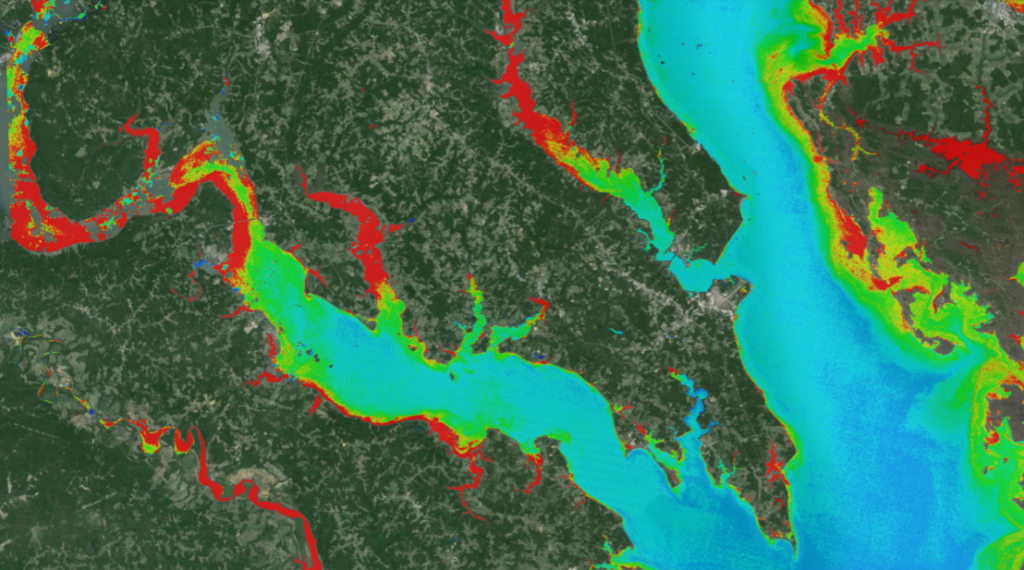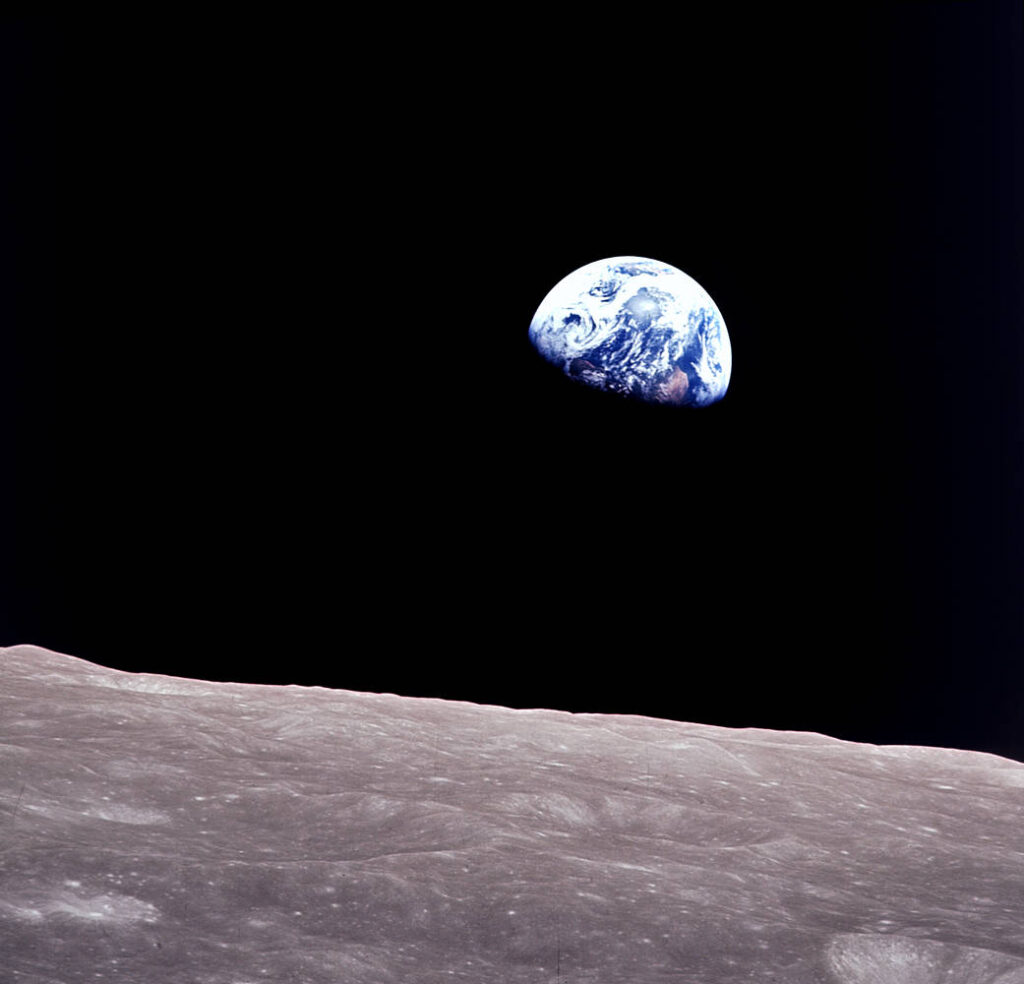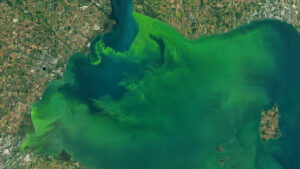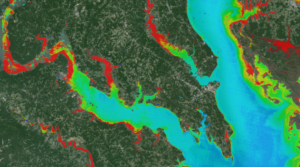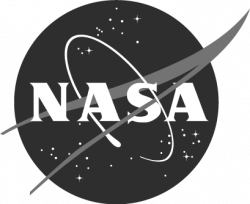+ ENVI 5 SP3 Hotfix for Landsat 8
Note: NASA and USGS do not endorse the use of any particular image processing software.
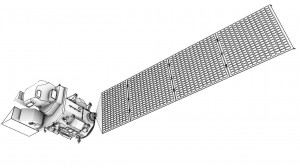 July 24, 2013 • This is a notice for Landsat data users who use ENVI software to process Landsat 8 data. ENVI 5.0 Service Pack 3 (SP3) gives Landsat data users the necessary tools to process Landsat 8 data to TOA reflectance (bands 1–9) and at-satellite brightness temperature (bands 10 and 11). However, due to a metadata file reading issue, ENVI 5.0 SP3 cannot read in the K1 and K2 constants for the Landsat 8 thermal bands; it therefore defaults to Landsat 7 coefficients resulting in brightness temperatures that are slightly off. Additionally, TOA reflectance is currently not accounting for the solar elevation angle. Both of these issues will be corrected via patch to ENVI 5.0 SP3 in the upcoming weeks.
July 24, 2013 • This is a notice for Landsat data users who use ENVI software to process Landsat 8 data. ENVI 5.0 Service Pack 3 (SP3) gives Landsat data users the necessary tools to process Landsat 8 data to TOA reflectance (bands 1–9) and at-satellite brightness temperature (bands 10 and 11). However, due to a metadata file reading issue, ENVI 5.0 SP3 cannot read in the K1 and K2 constants for the Landsat 8 thermal bands; it therefore defaults to Landsat 7 coefficients resulting in brightness temperatures that are slightly off. Additionally, TOA reflectance is currently not accounting for the solar elevation angle. Both of these issues will be corrected via patch to ENVI 5.0 SP3 in the upcoming weeks.
For the thermal bands, the source of the file read error is a change in metadata file format made by USGS. The constants used to be given in the following format: “K1_Constant_Band10 = 774.89” but an extra underscore was added to the Landsat 8 metadata files between “Band” and the thermal band number: “K1_Constant_Band_10 = 774.89”.
At-satellite brightness temperature work around: If you edit the Landsat 8 metadata and remove the extra underscore, ENVI 5.0 SP3 is able to correctly read in the coefficient information and use the correct values. This needs to be done for both the K1 and K2 coefficients. The gain and bias for the Landsat 8 thermal bands work correctly in ENVI 5.0 SP3.
TOA reflectance work around: Use Band Math to divide the TOA Reflectance result by sin(SolarElevationAngle).
Note: NASA and USGS do not endorse the use of any particular image processing software.
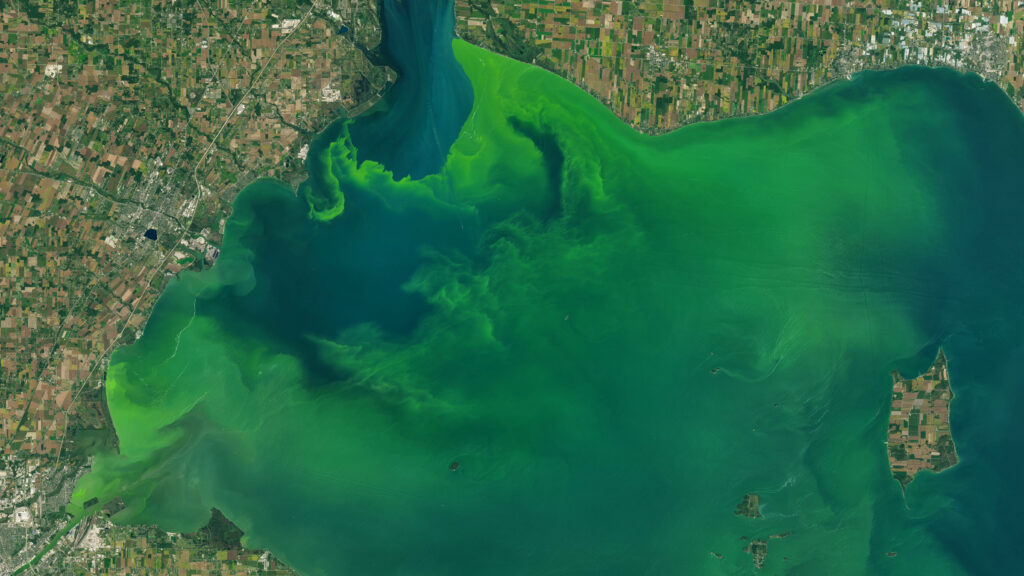
Be Part of What’s Next: Emerging Applications of Landsat at AGU24
Anyone making innovative use of Landsat data to meet societal needs today and during coming decades is encouraged to submit and abstract for the upcoming “Emerging Science Applications of Landsat” session at AGU24.

